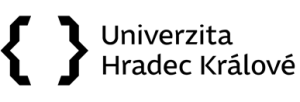Konkrétní podoba semináře se mění v závislosti na osobě hostujícího odborníka. Výuka probíhá v anglickém jazyce.
LS 2021: Resistance and collaboration in Hitler?s Europe (Dr Spyros Tsoutsoumpis)
Course aims and outline:
What is resistance and what did it mean in Nazi-occupied Europe? What prompted some to resist, while others tried to accommodate or actively collaborate with the occupiers? How have postwar societies remembered their resistance movements and their collaborators? This course explores the responses of European populations to the Nazi order during World War II. We will examine the political, social, and intellectual contexts that gave rise to either active resistance or fanatical collaboration with the invaders; ethical dilemmas the subject populations faced; the range of resistance activities and strategies; and the motivations and goals of participants as well as the diversity of their experiences, depending on local occupation policy, nationality, ideological commitment, and gender. In addition to wartime history, we will study variations in postwar memorialization. To account for differences in occupation policies and local responses, we will look at select cases in Western, Central, Eastern, and Mediterranean Europe through sources including memoirs, diaries, photographs, newspaper articles, and films. Through in-class activities, debates, and discussions, this course will students to think historically and craft arguments about resistance in this era.
- Učitel: Spyridon Tsoutsoumpis
